Marco Benevento tended to his muster of peacocks near a seemingly innocuous building in Saugerties that serves as a porthole into the inspirational playground of Fred Short Recording. Later that week, he’d play at Westville Bowl for the third time this summer with Joe Russo’s Almost Dead before prepping for his upcoming 2021 solo shows, including one at Roots Rock Revival, and opening for moe. at Apple Valley. Amidst a wall of keys, eight-track players and plastic microphones, Marco discussed his creative process, upcoming tour, new music, tools of the trade, and life after shutdown.
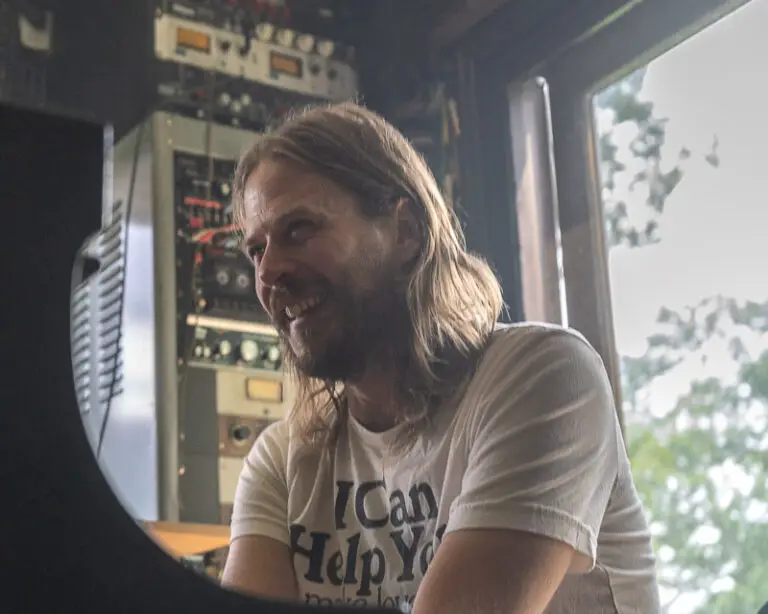
A show and tell concluded the hour long chat. Marco shared some of his favorite devices that helped him access the mind that created his genre bending and catchy latest album Let It Slide. The whole experience felt like a movie filmed in the past, that took place in the future.
Upcoming Tour
Em Walis: How’s it going here with your tour about to start?
Marco Benevento: I was looking at my calendar and I just swipe to the right and I saw August and I was like, “Oh no, I’ve got lots of gigs.” Yeah. Which is great because, you know, gigs are back baby.
EW: I was thinking it might be a cool thing to talk about would be the idea of wearing different hats, shifting from home hat to tour hat. What does shifting from the creative process hat to, “Okay, business time. Let’s get it out there,” hat look like?
MB: I wear a bunch of hats in that regard. Because you’re like, weird musician guy. And then you’re like, also booking hotels and flights. So then we’re here, you record and how, how, you know, when that you comes out, and yeah.
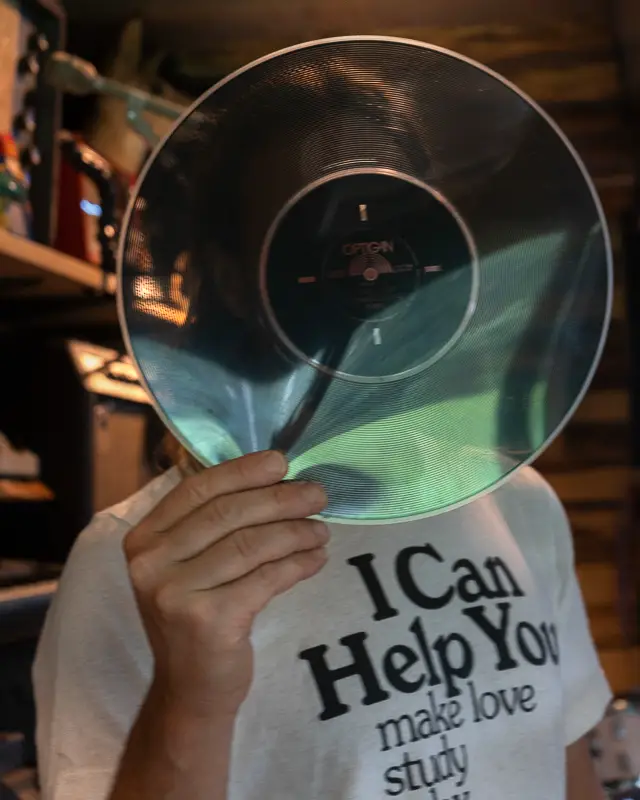
Fred Short Recording
EW: Do you find for your flows, because I see you have almost different zones here, that if you’re working you have one place that’s your business zone and separately have an “I’m making stuff now” zone?
MB: I basically do it all in this one zone. I mean, here’s the headquarters right here sit behind the piano move and the piano tape machine all the gear here recording, but then here’s the laptop for music and stuff. Also dealing with manager emails. This is the office in studio basically. Yeah, this is the always curious, just how to change literally. Luckily, I have a booking agent and a manager. So there’s a lot of behind the scenes, those guys are making my days easier. That’s really so I can just focus on the music and that’s cool. And everything and even just being around the kids. Yeah, hanging out.
EW: So how many you have kids? Two kiddos?
MB: 14 and 11. One just went to a friend’s house. My other is inside just playing Legos. She’s like, “Okay, when you’re done with your interview…,” Daddy comes and goes. So it’s nice that people like helped me out. You know, making my life easier. So I enjoy being a dad.
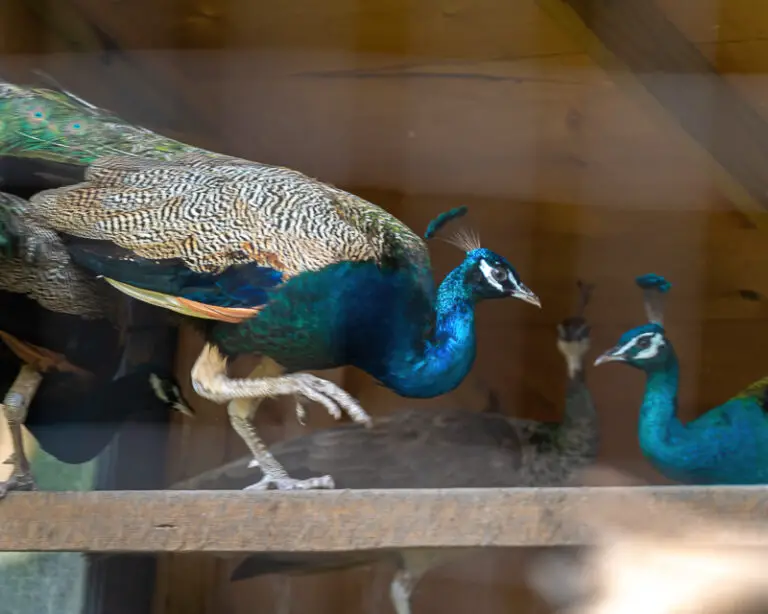
EW: So you’re playing the Full Moon Resort first?
MB: Yeah. It’s cool place. I did it last year. I just did a day workshop there. It’s just like, music camp. They have a lot of artists come in. People talk about music and improvisation. And, you know, everybody needs camp. I mean, I went to like, some heavy jazz camps growing up and learned a lot from cool clinics, you know, sleepover camps, or music all day. It’s immersion. And then you’re picking each other’s brains about stuff. On a loose level. You don’t get a lesson from a guy and you have an hour and that’s it. You’re at a camp that lasted for a week and, maybe later at night when you’re hanging out. You know? Yeah, just sort of shoot the shit about some questions you might have. Yeah, totally.
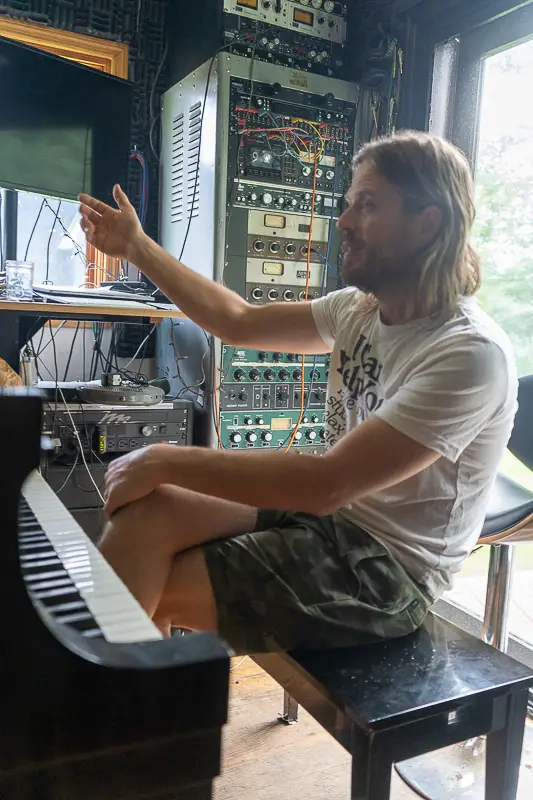
Outdoor Live Performance Experience
EW: How do you feel about like being in the “cool outdoor environment” places? I imagine with the electricity and things like that, it might be hard to like play the kind of music you want to play, or run into difficulties with like sound and light conflicts, or is it worth it when you’re in out in the middle of the woods playing at a place like Full Moon?
MB: I love that. I’m all about it. The outdoor stuff is cool. I always prefer playing outside because you’re not fighting the venue and the walls are the collection of all that stuff. Sometimes you get into a room and you’re like, “Oh, just sounds weird in here at soundcheck,” and they’re like, “Oh, when people come in, it sounds better.”
EW: The bodies right?
MB: Yeah, that does help. But for the most part, the trees in the open air, no walls by us, it’s so nice. That’s better. I’ve always wondered whether it’s preferred or not. For me, I like outside better. I’m curious to see what other musicians would say, but yeah, there’s nothing like playing an outdoor stage.
EW: What would the word be for it? If it’s not a room for us? It’d be really great woods out there. You know, the trees really just sounded great.
MB: We played this festival called Pickathon in Oregon. And they had this tree branch stage. It was just made out of branches, it was so cool, a little stage in the middle of nowhere. Yeah, it was just all these tree-like branches are all over you and around they make a dome that has branches and it’s really cool.
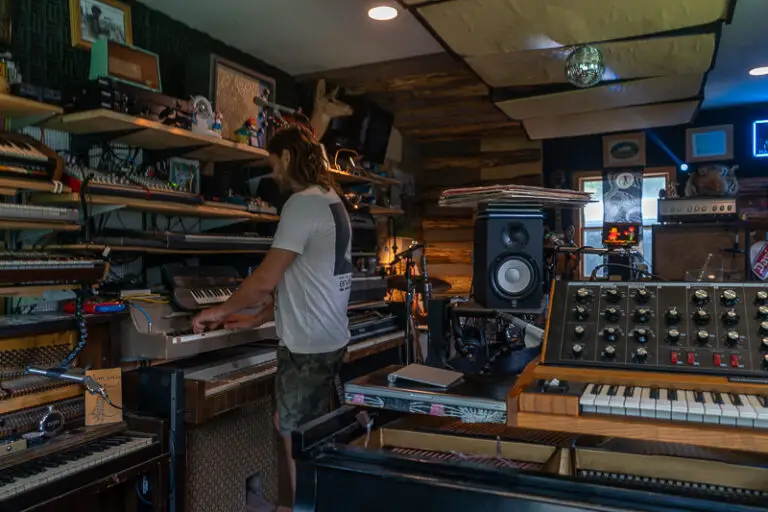
Creative Process: Starting
EW: Let’s talk creative process.
MB: I mean, creatively, I’m just in here writing and recording all the time. Yeah. It’s kind of funny, because most people, when they do their job during the day, and they come home, they want nothing to do with their job. When I do my job, and I come home, I want everything to do with my job again. Yeah, put the kids to bed and then hang out with my wife, and then she goes to bed. And then I’m in here writing and recording.
EW: The best hours?
MB: Yeah. The creative process for me is writing with playing along to a drum machine. Recording keyboards to a drum machine and then adding drums and then adding fade and then figuring out the lyrics after, if there are lyrics. Yeah, figure those out sort of, after the fact. But basically writing. Writing groups.
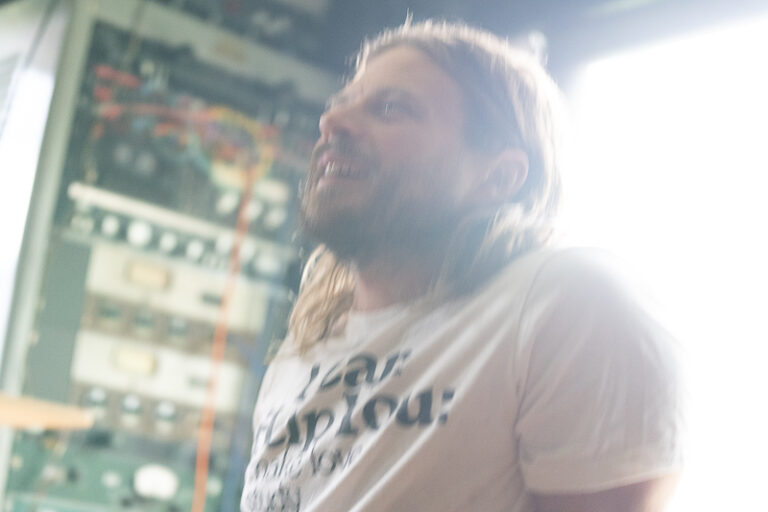
The creative process for me is writing with playing along to a drum machine. Recording keyboards to a drum machine and then adding drums and then adding fade and then figuring out the lyrics afterwards, if there are lyrics.
marco benevento
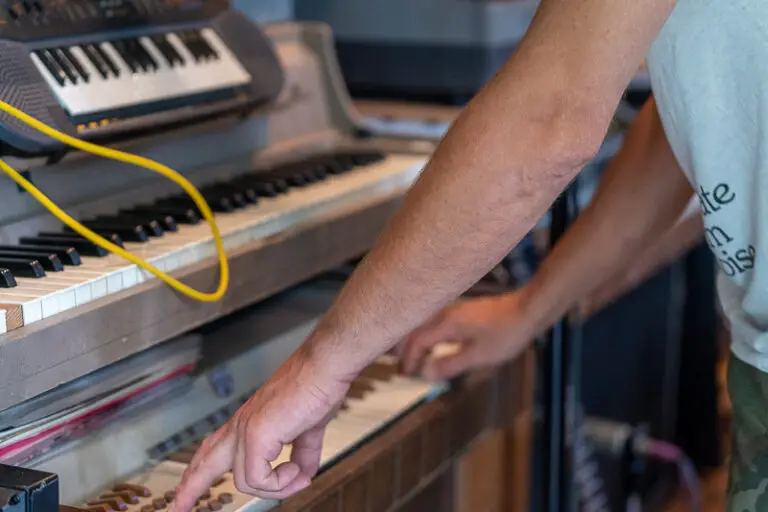
EW: Writing groups, that comes first. The late night is just the best creative time it seems like. Is it something about inhibitions that are just lessened at that time?
MB: Yeah. And talk about immersion. You’re just like, in here, and you almost spend too much time on one little particular thing. But then you get to the next morning, and you listen back and you’re like, “Oh, I’m glad I spent time dialing in. Yeah, that weird drum machine sound or there’s a mission.”
EW: Yeah, exactly an hour for the paper focus. Lasering in on something instead of having to have that bigger picture that seems like we feel so much pressure.
MB: Yeah, the bigger picture sort of comes after. I’ll get the groups baseline, I’ll figure out the arrangement, and then the bigger picture starts coming in.
Creative Process: Finishing
EW: How do you know when it’s time to like, start wrapping something up?
MB: It’s a good question. I find that like a lot of musicians. I guess it maybe it’s like, almost 50/50 I feel like there’s musicians that are just like, putting shit out, no problem., and not getting too hung up on certain things. Then I feel like there’s another side of musicians that says, “How long do you work on this record?” Two, three years in some cases, that’s a long time. You put that out, or even like longer, like 10 years, right?
EW: At what point does it start to deconstruct?
MB: I’m the kind of person that’s almost to the point where I should maybe be spending more time with it. But I’m like, “You know what? This is done.” And the good thing about being “This is done” is that you’re like, OK, you get excited for the for the next thing. So yeah, keep things fresh. that’s why. Recognizing when the freshness is starting to fade. I made this COVID record basically, over the last year. Now it’s starting to, fade, I’m like, I gotta put this out, because it’s just time for this to be out. I’m excited to be done with it. It’ll be done very soon.
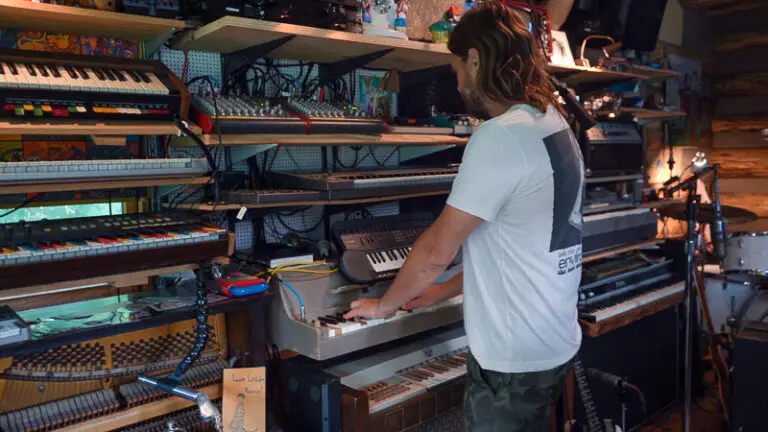
Creative Process: Prioritizing
EW: How do you prioritize?
MB: I like deadlines. Especially when you’re planning your whole touring schedule and everything like that. If you want to know the music, you want to know the music’s ready and you want to time it. So when you do that tour, you have a new record. So by saying, “August 15, it needs to be done,” the signal will come out. Maybe the whole record comes out in the winter, but then you want to do a tour in the spring. So you time it all out. If you hold it up and the records are done, then you mess up everything down the line. So that makes so much sense, like planning a baby. Yeah, exactly. Keeping the ball rolling, that’s really it. I’m working like with all sorts of other folks, which is fun, on side projects. Specifically one with my friend Leon Michels, who lives across the river, and Ryan Cliff. He has his own thing called El Michael’s Affair. Check it out. He moved up from the city, we made my last record together and he’s just doing so many things with different folks, so he’s always having me over to like record on something that’ll eventually be used. He’s producing, having songwriting sessions at his house, it’s super fun and brings us to the Hudson Valley, it is nice to be up here. There are so many people with studios around here.
The Hudson Valley
EW: It’s the place where the real stuff is happening. This is where the people that have done well enough for themselves to make a home and be outside. And a lot of really, really amazing artwork.
MB: And there’s a lot of home studios, there’s a lot of people that are recording themselves in their side house studio, or their room or their garage or their basement and they’re really tasteful. They make great music. There’s so many folks around here and then even just professional studios. Applehead is nearby, and on the other side of the river where Leon lives, actually not far from him, it’s called The Clubhouse, which is another great studio.
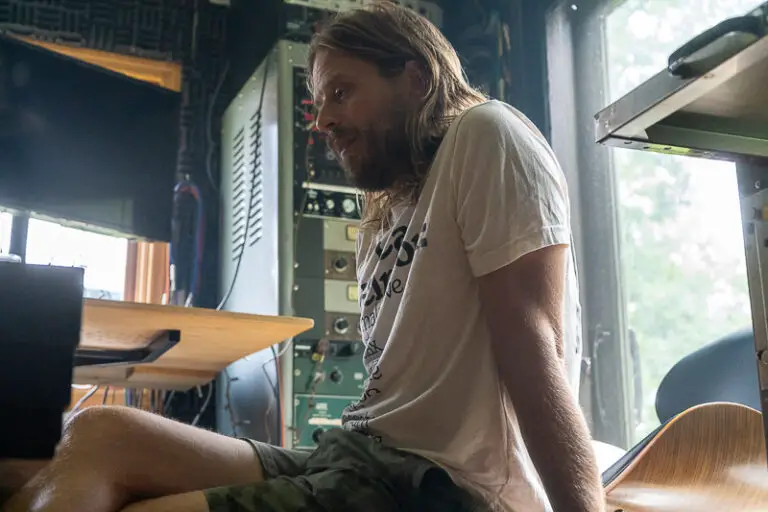
EW: Especially after this year. It’s the home setup, for sure, and be glad if you have already had a place in the Hudson Valley.
MB: Absolutely. I know. I couldn’t have quarantined at a better place. It was ridiculous. Some of my musician friends were going through a really hard time. I couldn’t even imagine… I was like, “Okay, I’ll be stuck here for how long?Actually don’t even tell me, I’ll just do this.” I was so productive. Anytime anybody would like call me or FaceTime me. I’d be like, “Yo, what’s up?”
Live Streaming
EW: My family did a fake music festival with live streams. So when we were done texting we would be like, “Alright, I’m going back to camp and my sister would be like, get me a flannel and beer!”
MB: Online streaming things from festival stages, that was a kind of cool platform, and there’s a really successful tipping system where it’s really easy for people. You can scroll by all these comments, sitting here playing in my house, feeling like I’m playing and people just rolling through, so I liked it. Not a live show, it’s just something else, right? People are watching you on their computer, and we all know what that is. So it does feel somewhat rewarding, but it has its limitations, obviously.
EW: Well, if the home is interesting now, do you see an evolution happening with home fans that still will follow musicians around but not actually physically? Like, seen/listened to every show?
MB: I think that those platforms are hoping that artists don’t stop doing their online streams. It was funny, because I did a bunch of shows with StageIt and then things started opening up and my schedule got pretty busy again. I was playing shows and they were like, “Do you still want to do a StageIt show?” I thought, “I don’t know. Should I? Everyone’s going to shows, do people still watch stuff on their computers?” And they were basically like, “You know, that’s how we make our living.” So yes, of course, it’s still happening. I did one the other month, it was kind of fun. It’s still fun to do, because this room just looks cool with keyboards.
EW: They see where you hang out every day, and it can be funny when your cat knocks something over.
MB: It’s definitely more connected. Yeah, people want to go out to live but yeah, it’s more personal. It seems cool. It seems like at least I know for myself, like the gates opened a little bit more. It’s kind of cool to still feel like part of something. It’s definitely interesting.
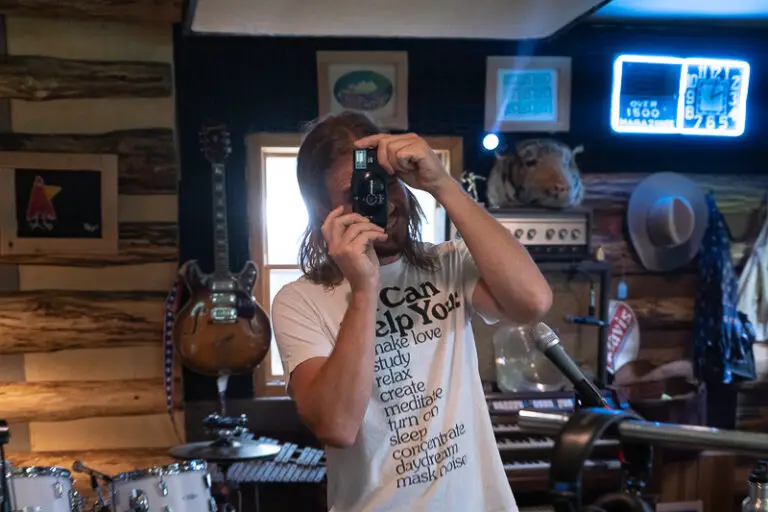
Return to Touring
EW: Have you found you’ve played a lot since reopening?
MB: Yeah, I play with this band called JRAD which is, which is Joe Russo’s Almost Dead and it’s like all the music of the Grateful Dead. I’ve done it a couple of shows with them in that place in New Haven at a new spot. It’s pretty awesome – Westville Music Bowl. I do love tennis and played so much tennis because of the quarantine. I’ve been playing with them, smaller shows, some smaller solo outdoor gigs which has been cool. I played with my band with Karina and Divi at Brooklyn Steel and cool stream from there. That was really, really fun. It’s fun to be able to capture the venue and do what I do, go into the venue and have a sound person that you know and everything, helping you out and doing it safely felt really good.
Connecting Post-COVID-19
EW: With the upcoming tour, do you anticipate there being a different energy or headspace in the crowd?
MB: Well, it’s not full capacity. For example, Westville in New Haven holds I think 12,000 people or something. If there were actually 12,000 people in that venue it would feel a lot different than it does now because I think they’re literally only letting in like 3000. That’s gonna be a little… it’s kind of like you’re aware but kind of wandering around a little because you have a little bit of wiggle room.
EW: Gratitude. In my experience, like it seems for some people it’s almost more of a religious experience than it’s ever been. Because artists that have been there for them through stuff, your streams kept people happy.
MB: I did feel that way, which was a nice feeling. Like, oh, I can I provide something that people like, they really love, and they really needed love, even if it’s not live, they need it through somewhere, somehow, and even as a musician, I also need that outlet as well. Even though I’m playing here all the time anyway, but just to have a concert where you’re like, actually emotionally connecting.
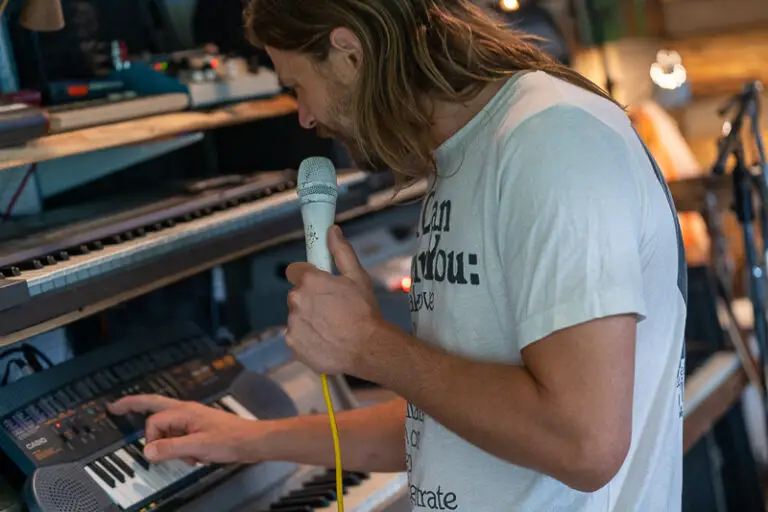
EW: And we’re like, “Yeah, music. It’s fun. It’s creative. This is who I am.” But then after it becomes like any relationship, where you were there for me, when I was going through this thing, and your music was there, almost saying “I got your back.”
MB: Yeah, I did feel that way. I also taught some lessons. I was like, I’ll just put my name out there. And if it’s just one person that wants to take a lesson every week, that’d be awesome. And they’re so stoked, they’re so stoked, right? This one guy, still takes a lesson with me. He just wants to shoot the shit about music and talk about how things roll and writing everything. It’s really loose, it’s been really cool. Now we have this connection and never met before. Now I know how smart he is. How great of a musician he is, and that’s so cool. I know that he was at this show, and for certain songs of that show, really freaking out that night.
This one guy, still takes a lesson with me. He just wants to shoot the shit about music and talk about how things roll and writing. It’s really loose. It’s been really cool. Now we have this connection, and never met before. Now I know how smart he is. How great of a musician he is, and that’s so cool. I know that he was at this show, and for certain songs of that show, really freaking out that night.
Marco Benevento on Teaching music
The Future
EW: What are you excited about right now?
MB: I’m excited. I’m very excited. I’m playing this weekend with JRAD. I played at the Newport Jazz Festival on Sunday with Christian McBride, John Scofield and Joe Russo, and some other people will probably sit. It’s like the the grand jam at the end. So I’m doing that and then I’m playing with my band at Levon Helm Studio.
EW: When you are into something, do you go so deep until the point where you’re like, “Alright, I’ve done enough in order to do more. Do I have to give up something else and therefore move on?” Or do you have different psych levels, where you have many things that you’re sort of slow cooking?
MB: That was that was a good way of saying it. Just lots of things that are still simmering in this. Song ideas. I rarely look back and think, “I spent too much time on something.” Getting a sound, maybe I look back thinking I spent too much time on maybe the arrangement of the song that seems to take me a long time to figure out which parts of where it feels like if it’s too scary or too much. For example, I had a song that was like, basically three parts in it, the whole thing repeated as a song form and it was an instrumental song, you know, whatever A, B and C, then I edited it, I listened to it and was like, this doesn’t sound right. So I flipped it around and see it was C, B then A – I was like, that’s on the song with the ending that I thought was the ending but it should be the beginning of the song. The middle of that regard, this is where it’s pretty awesome.
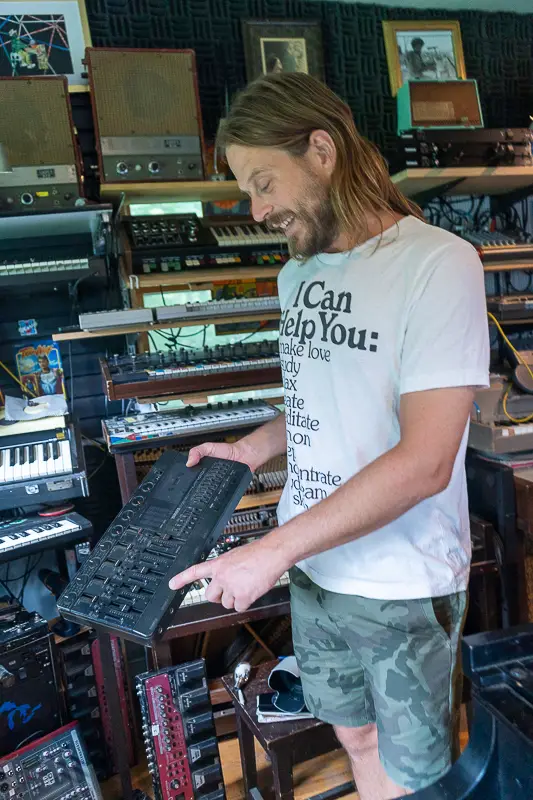
Fred Short Show and Tell
EW: Then mixing and mastering – is that your people that do that for you?
MB: I love using tape machines and I have a four track recorder. I basically get all my tracks down to four tracks and I’ll have drums on one track, one bass. one vocals and then put it back in the computer. This is an essential tool for me.
EW: Do you find having a lot of gear can get overwhelming? Or do you love having tools and things around?
MB: I know how they all work. So yeah. If anything, I always love more.
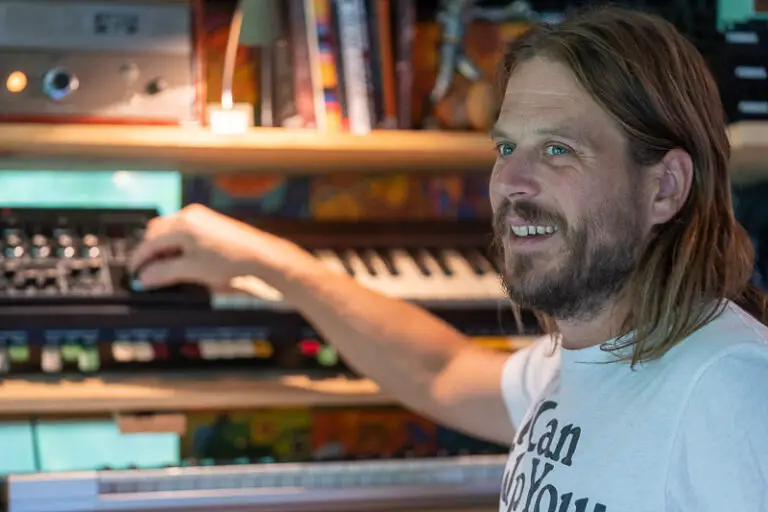
MB: This is called Random Note, it just does whatever you can adjust. You can adjust the speed, and then you can adjust the world. There’s the gear shelves too. This is a favorite too, this is a Wurlitzer kind of a classic sound. I mean, you’ve heard this. Oh, this is this is another new thing. You’ll like this one. This is cool. I just got this. I do like the cheap keyboards. I love these cheap keyboards.
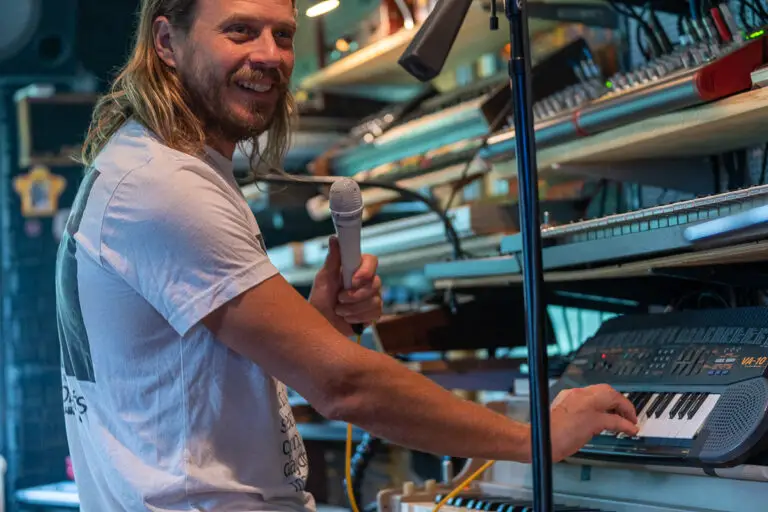
You can adjust the speed, and then you can adjust the world.
Marco Benevento
EW: Why is that?
MB: It sounds so cheesy, but when you hear right, I use a lot of drum machines. This keyboard plays these discs, and it’s called the octagon, it uses a light. That’s why it’s called the optimal use of the optical sensor. It has these cool grooves and then you can play along with your right hand. So they all have these funky little album covers too that you get with it. These are cool, just found on eBay. So for example, your special effects, tambourine covers, track sandbox, and that’s what this one sounds like.
I spent a lot of time over here with this keyboard because it helps me get inspired right away. This sound is awesome, then it just helps me, like that. Even though maybe at the end of the songwriting process, this might be eliminated, at least it got me there. I might not use the original drum track that inspired the song, at least in the moment this is drum sound inspired me to write something, which is what everyone’s looking for when they’re being creative.
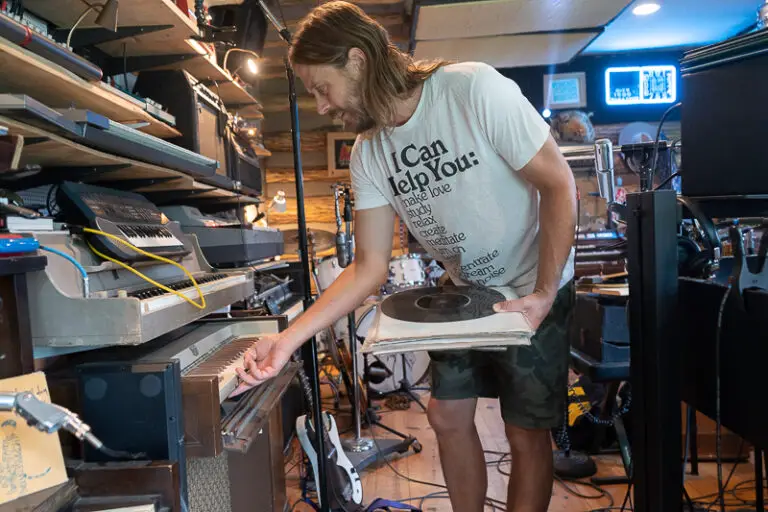
EW: It’s an intervention, sort of.
MB: Yeah, this is just a quick way, an intervention. Getting started really quickly. I’ll just randomly do shit like this.
EW: What is the story with the artwork in the corner over there?
MB: That’s Billy Martin from Medeski Martin Wood. The donkey is from my friend Battista Ebar, who actually made the artwork for my first record, Invisible Baby. I’m a fan of just making weird art. My record cover, obviously. I just like doing drawings like a staple in your book, and it’s the cover of our record called The Story of Fred Short.
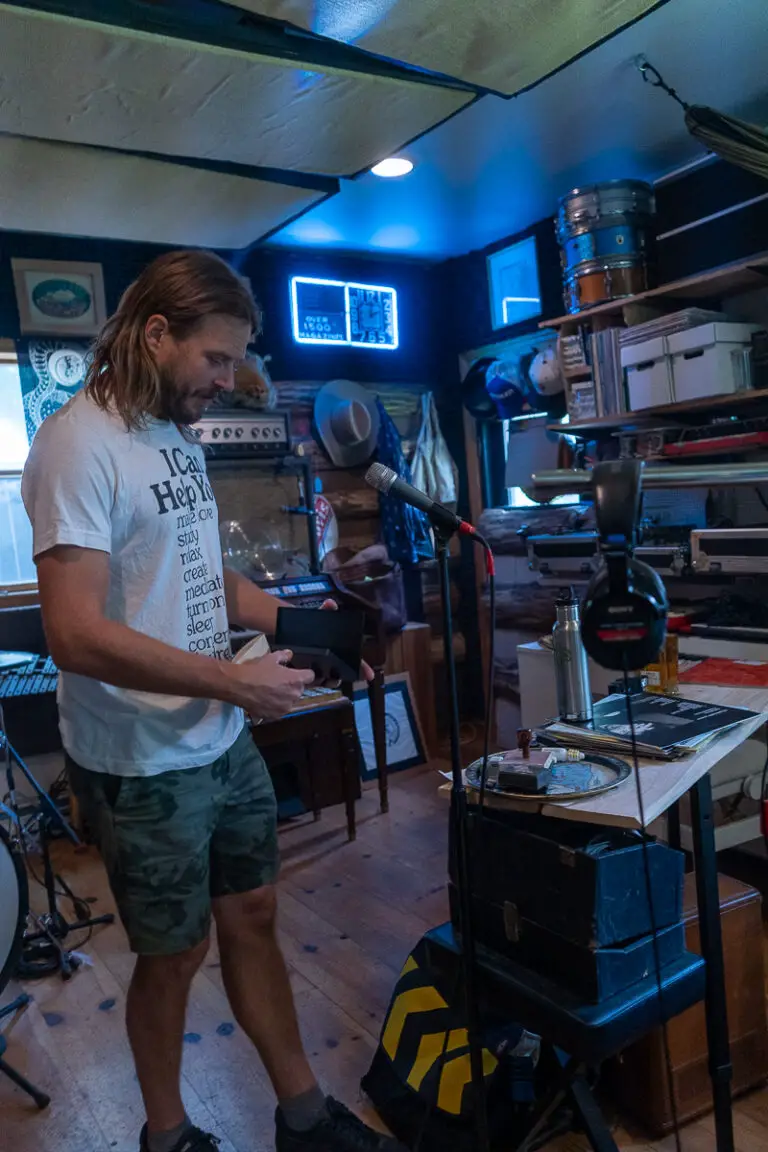
Marco Benevento 2021 Tour Dates
AUG. 3 – ROOTS ROCK REVIVAL 2021 – BIG INDIAN, NY
AUG 4. – ROOTS ROCK REVIVAL 2021 – BIG INDIAN, NY
AUG. 8 – APPLE VALLEY PARK – LAFAYETTE, NY (opening for moe.)
SEP. 11 – CANDLER PARK MUSIC FESTIVAL 2021 – ATLANTA, GA
SEP. 18 – HARVEST MUSIC FESTIVAL 2021 – FREDERICTON, CANADA
OCT. 2 – FLOOD CITY MUSIC FESTIVAL 2021 – JOHNSTOWN, PA
OCT. 29 – LEVON HELM STUDIOS – WOODSTOCK SOLD OUT
OCT. 30 – LEVON HELM STUDIOS – WOODSTOCK SOLD OUT
NOV. 11 – PRESS ROOM – PORTSMOUTH, NH SOLD OUT
NOV. 12 – PRESS ROOM – PORTSMOUTH, NH SOLD OUT


Comments are closed.